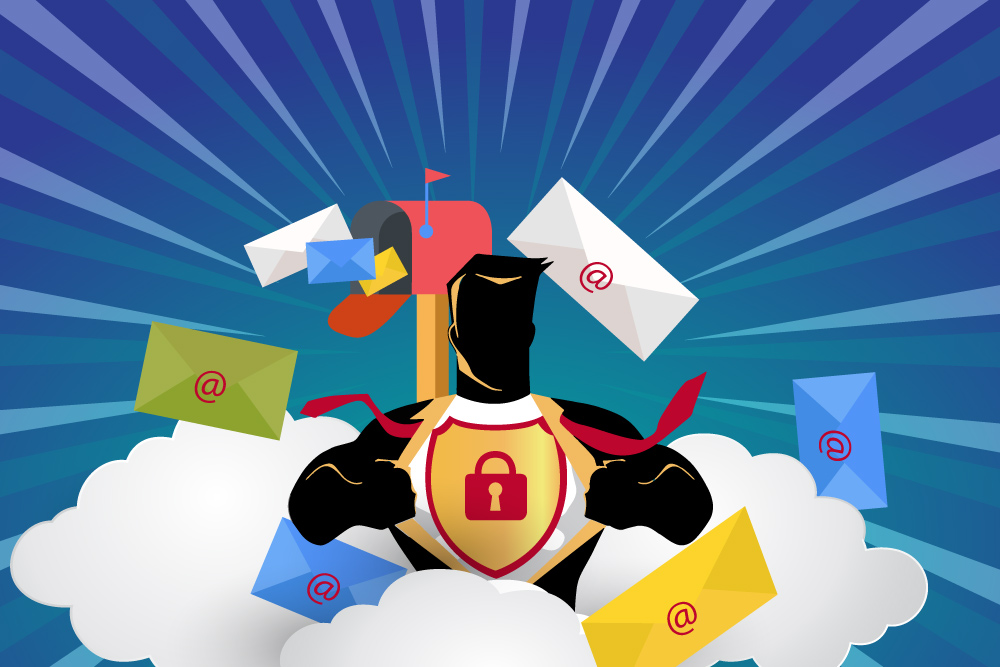
Email Security Tips Every User Should Know
Every day a staggering 269 billion emails are sent worldwide, and there are only 3.7 billion email users. The findings in Radicati Group’s February 2017 Study mark a continual growth in the number of emails sent per day. Most of the emails are totally harmless, even entertaining- life tips and silly humor from bored moms sent to people in her contact list. Yet, on a daily basis, a lot of these messages are also transmitted containing critical information. In daily business operations and corporate meetings, you’ve probably sent an email or two that you hope others won’t catch a glimpse of.
Here are some tips to safeguard your emails.
How to Make Sure That Your Personal Email Is Safe
- Use a unique and safe password. Using quite obvious and simple passwords or using the same password you use for most of your social media accounts increases the likelihood of your email getting hacked.
- Limit the access of other people to your devices. If a cyber-criminal can get access to your device, hacking your email is easy as pie.
- Stay away from public Wi-Fi connections. Make sure that you use a VPN or some other form of encrypted connection if you wish to use Wi-Fi in public. Better yet, refrain from using it.
- Never ever click suspicious email. This seems to be logical. But, a huge bulk of compromised emails may occur due to unintentionally downloaded malware that planted phishing links and encoded the victim’s account info into the bad guy’s bogus website. Be wary, as the cyber-crooks can create fake emails that look like they’re coming from legitimate websites such as Facebook or Google. If you’re in doubt, think before you click.
How to Make Sure That Your Work Email Is Safe
- Educate your staff. Keep in mind that the greatest threat to online security is an inside attack inadvertently the error of gullible humans. So make it a point that everyone in your company is educated when it comes to online and email security. Keep in mind that emails with critical company data are always encrypted.
- Keep your server connections encrypted. Emails are not the only ones that you should encrypt; make it a point to include servers as well. There is a possibility that whatever server system you’re using has its own TLS options but should be configured such that you can use them.
- Make sure that the sender of emails you receive is from trusted sources. One of the most effective ways to prevent phishers from attacking is to know if a site is credible and not something created by hackers in disguise.
- Update your system’s software regularly. This is another logical tip that you should never neglect. Keeping your systems up to date will guarantee that, when known security glitches are prevented, your system also gets the needed protection.
- Check emails for malicious content. Checking incoming emails can help prevent from being the receiving end of sketchy emails which may be linked to phishing websites.
Recent Posts
- How Does GPON Improve Network Efficiency?
- What Are The Advantages Of GPON?
- What Are The Benefits Of IT Outsourcing?
- What's The Deal With Ransomware Attacks?
- Are GPON Providers Widely Available?
- What's GPON's Impact On Bandwidth?
- Why Is Multi-Factor Authentication Important?
- How To Ensure Data Privacy Compliance?
 Blogs
Blogs Infographics
Infographics Videos
Videos Podcasts
Podcasts Case Studies
Case Studies Call For Quote
Call For Quote